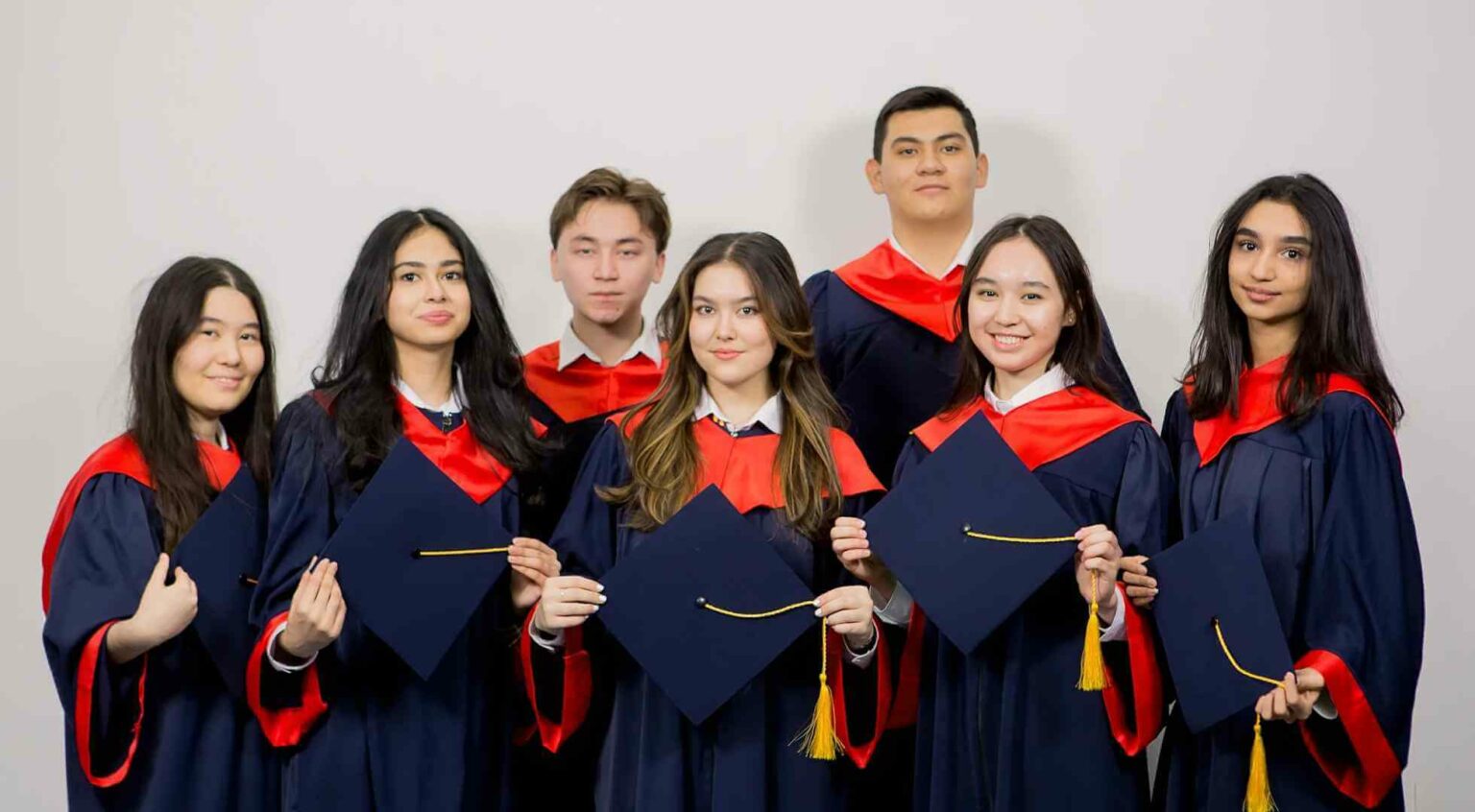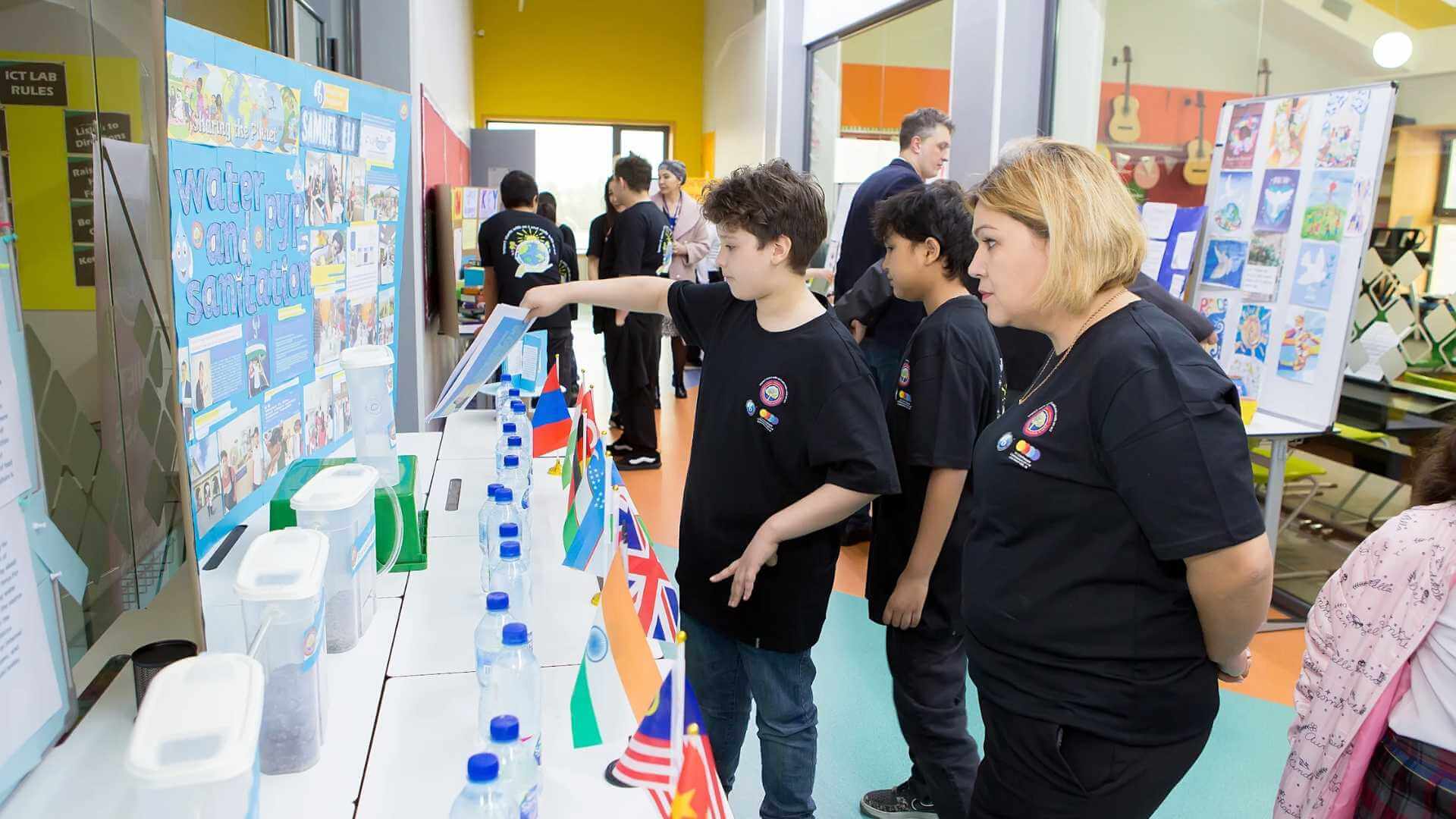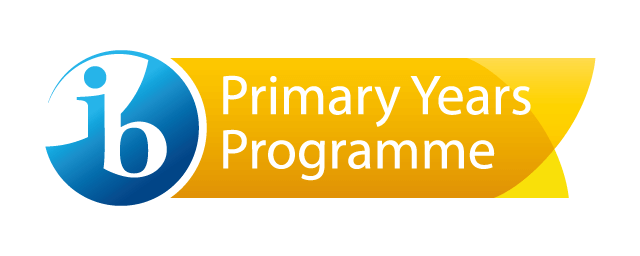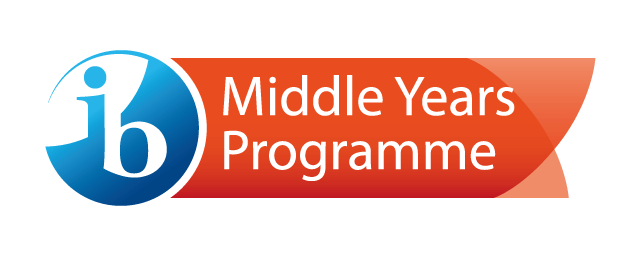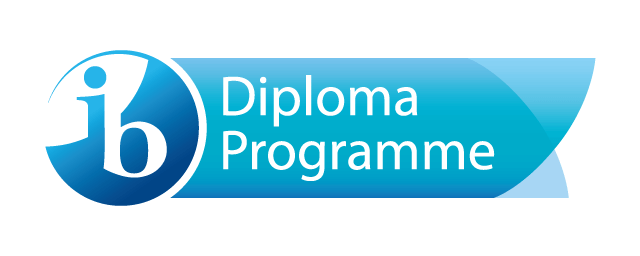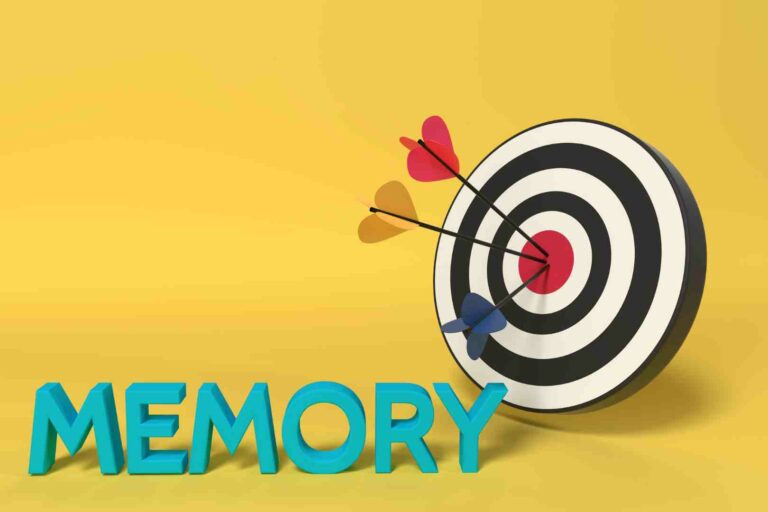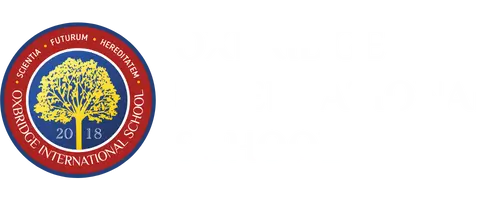In the rapidly developing world of the XXI century, education plays a crucial role in preparing children for future challenges. The International Baccalaureate (IB) program is a secondary education program recognized worldwide for its high academic rigor and focus on developing XXI century skills.
The IB Program, founded in 1968, offers high-quality international education using three comprehensive educational programs for students aged 3 to 19 years. This program provides continuous learning, contributing to the development of students in various aspects of their lives and learning. IB aims to provide students with a deep understanding of subjects, critical thinking and intercultural understanding, preparing them for successful adaptation and success in a global society. The IB program is based on the Bildung philosophy, which emphasizes the importance of holistic personal development.
The IB program focuses on:
- The development of critical thinking: Students learn to think independently, analyze information and form their own judgments.
- Communication Skills: Students develop oral and written communication skills, as well as teamwork skills.
- Research activities: Students learn to independently conduct research, collect and analyze information, as well as present their results.
- Intercultural Awareness: Students develop an understanding of different cultures and learn to respect differences.
IB program:
The International Baccalaureate (IB) Program offers three study programs for children from 3 to 19 years old:
- Age: 3-12 years old
- Focus: Primary education based on play and research activities.
- Goal: To develop curiosity, creativity, communication and problem solving skills.
- Age: 11-16 years old
- Focus: Secondary education based on interdisciplinary connections and project-based learning.
- Objective: To develop critical thinking, research skills, intercultural awareness and responsibility.
- Age: 16-19 years old
- Focus: High school, preparation for university admission.
- Goal: To develop the skills of the 21st century necessary for successful university studies and further career.
There are several levels of difficulty within each program:
-
Standard Level (SL): This level represents the basic level of education, similar to the level of secondary school courses. Students study subjects at a sufficiently deep level to gain a good understanding of the material, but with a focus on basic concepts and the application of knowledge in practical situations.
-
Higher Level (HL): This level represents a higher level of study comparable to the first year of university education. Students study subjects in more depth and detail, usually with more material and more difficult tasks. This level is intended for those who are interested in a deeper understanding of the subject or plan to link it with further education and career ambitions.
These two levels allow students to choose the degree of depth and breadth of the subjects studied according to their interests, abilities and future goals.
In the IB program, students have the opportunity to choose subjects from six subject groups:
-
Language: Students choose one of three options: the first language (native or primary), the second language (or an additional language, often a foreign one), or the language ab initio – learning a new language from scratch.
-
Social Sciences: In this group, students choose subjects related to the study of social phenomena and processes, such as history, economics, business and management, psychology, sociology and global studies.
-
Natural Sciences: This group includes subjects related to natural sciences and technology, such as biology, chemistry, physics, design and technology, as well as computer science and systems.
-
Mathematics: Students choose the level of mathematics difficulty that suits their abilities and interests: standard level of mathematics or mathematics with an additional course.
-
Humanities: In this group, students choose subjects related to the humanities and the arts, such as English literature, other literatures, art, music and theater.
In the IB program, students must also complete three mandatory components:
The International IB program not only provides students with a deep understanding of academic subjects, but also includes three mandatory components that contribute to the versatile development of personality:
- Extended Essay (EE): This component is an independent study in which students write an essay of 4,000 words. This is a unique opportunity for students to demonstrate their analytical and research skills, delve deeper into a topic of interest and present the results of their research in writing.
- Theory of Knowledge (TOK): This interdisciplinary course is dedicated to the study of the nature of knowledge. Students analyze different ways of knowing the world, critically consider different points of view and develop critical thinking skills. TOK helps students better understand the essence of knowledge and its impact on society.
- Creativity, Activity, Service (CAS): This component implies the participation of students in various creative, sports and volunteer projects. CAS promotes leadership skills, self-discipline and social responsibility. Students have the opportunity to show their talents, diversify their active activities and contribute to society.
The IB program is a flexible and individualized learning program that allows students to choose subjects and difficulty levels according to their interests and abilities.
Advantages of the IB program:
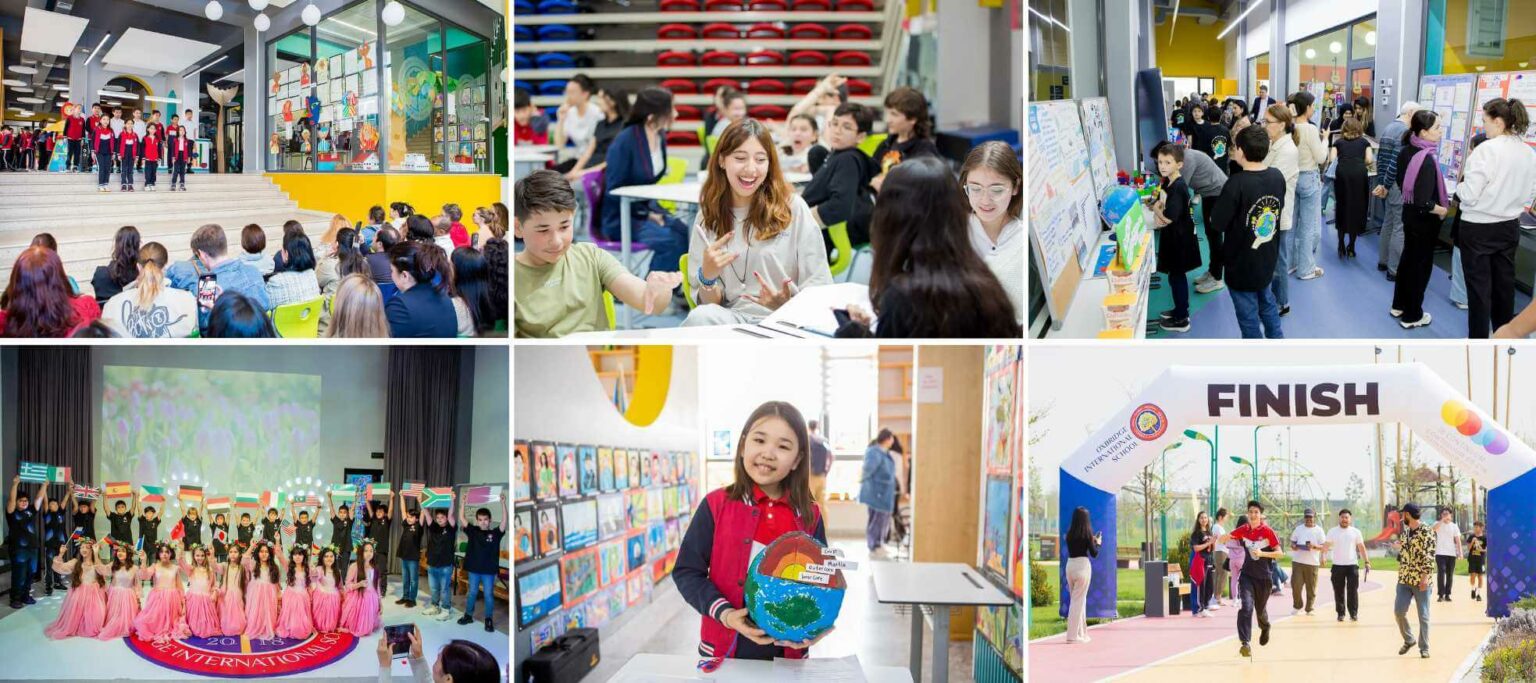
In the rapidly developing world of the XXI century, education plays a crucial role in preparing children for future challenges. The International Baccalaureate (IB) program is a secondary education program recognized worldwide for its high academic rigor and focus on developing XXI century skills. The IB program offers a number of unique advantages that set it apart from other training programs:
21st century skills development:
- Critical thinking: Students learn to think independently, analyze information, form their own judgments and argue their point of view.
- Communication: Students develop oral and written communication skills, as well as teamwork skills.
- Problem solving: Students learn to solve complex problems, find creative solutions and adapt to new conditions.
- Research activities: Students learn to conduct research on their own, collect and analyze information, as well as present their results.
Global focus:
- Intercultural Understanding: Students study different cultures, learn to respect differences and develop intercultural communication skills.
- Global Thinking: Students learn to think globally, understand the relationship between local and global problems, and look for solutions to these problems.
- Responsibility to the World: Students develop a sense of responsibility to the world and learn to be active citizens.
University preparation:
- High academic reputation: The IB diploma is highly appreciated by universities around the world.
- 21st century skills: The skills that the IB program develops are in demand at universities and further in the labor market.
- A wide range of possibilities: Graduates of the IB program have the opportunity to enroll in the best universities in the world and choose any specialty.
Personal growth:
- Self-confidence: Students of the IB program learn to set goals, achieve them and believe in themselves.
- Independence: Students develop skills of independent work, self-organization and time management.
- Leadership qualities: Students of the IB program learn to work in a team, make decisions and take responsibility for their actions.
After completing the IB program, your child will receive:
1. Internationally recognized diploma:
The IB diploma is a prestigious document that is highly appreciated by universities around the world. It opens doors to the best universities and expands opportunities for admission to the desired specialty. An IB diploma is evidence that your child has received a high-quality education based on strict academic standards.
2. Skills of the XXI century:
The IB program teaches children the skills that are necessary for success in any field of activity in the 21st century. Critical thinking, communication, problem solving, teamwork, and research are just some of the skills your child will develop while studying in the IB program. These skills will help him adapt to new conditions, make decisions, work in a team and achieve his goals.
3. Broad-minded and deep understanding of the world:
The IB program teaches children to look at the world from different angles. They study different cultures, languages, subjects, learn to think globally and understand the relationship between local and global problems. This broadens their horizons and makes them more versatile personalities.
4. Leadership skills and self-confidence:
The IB program teaches children to be leaders. They learn to work in a team, make decisions, take responsibility for their actions, and defend their point of view. In the process of learning, they develop self-confidence, independence and stress tolerance.
